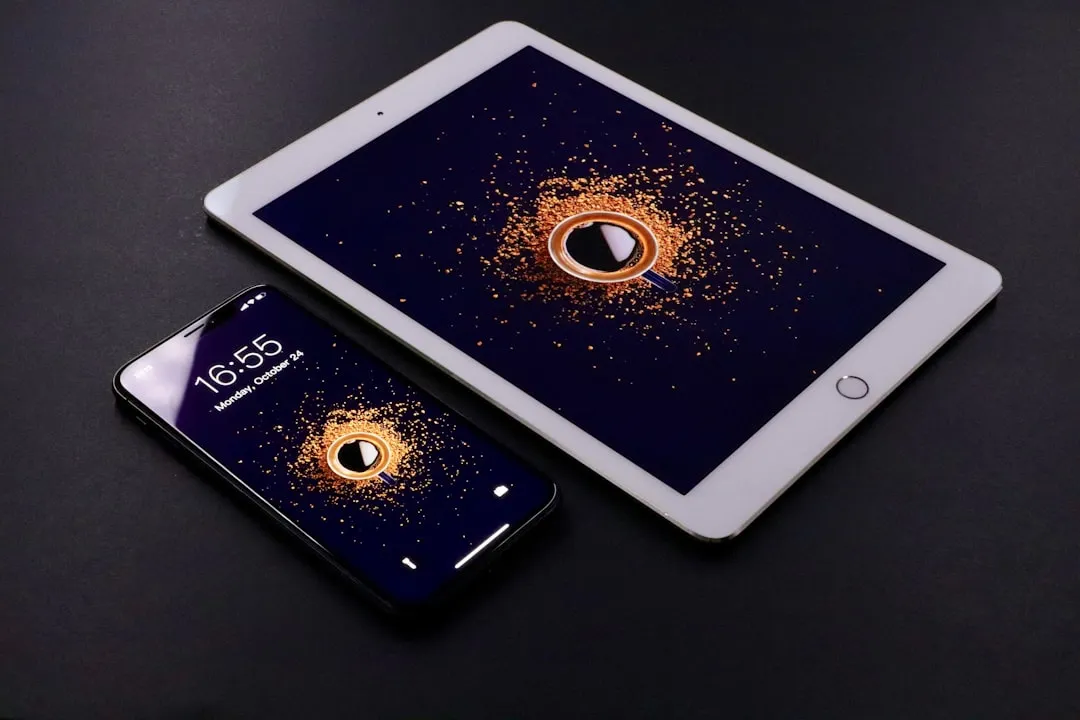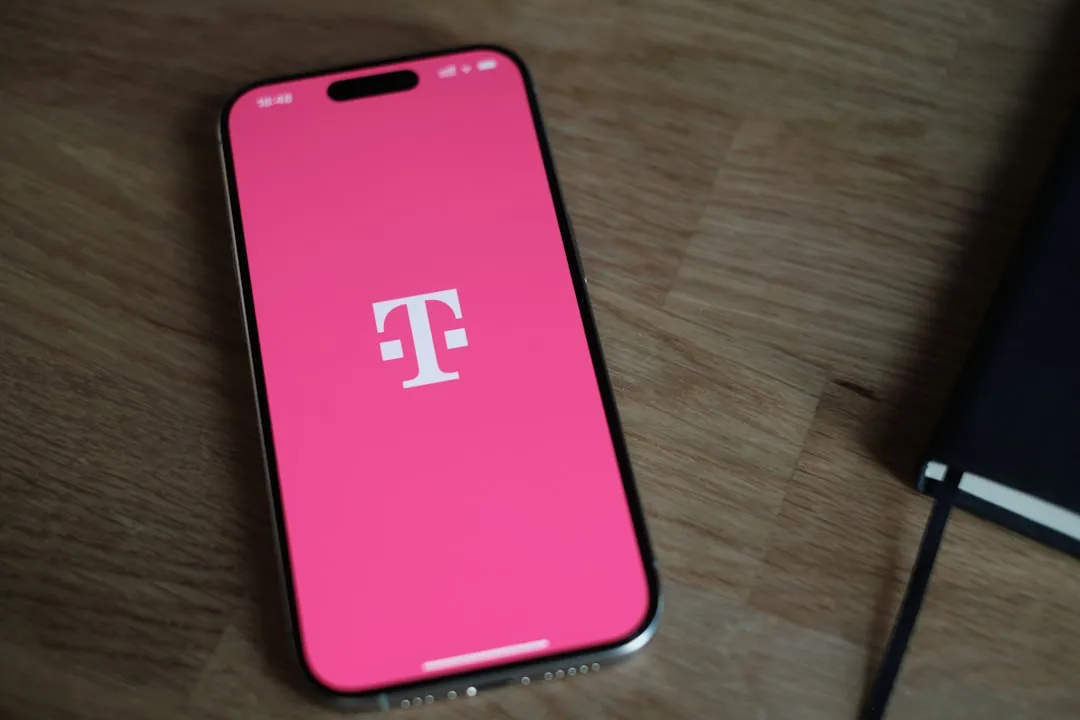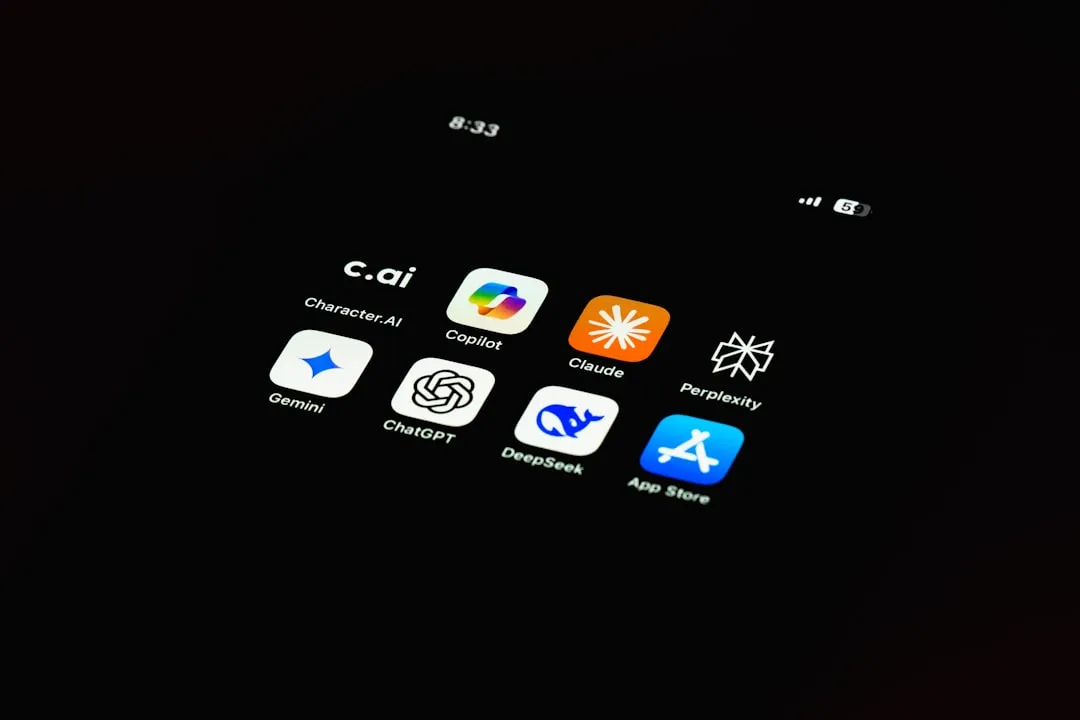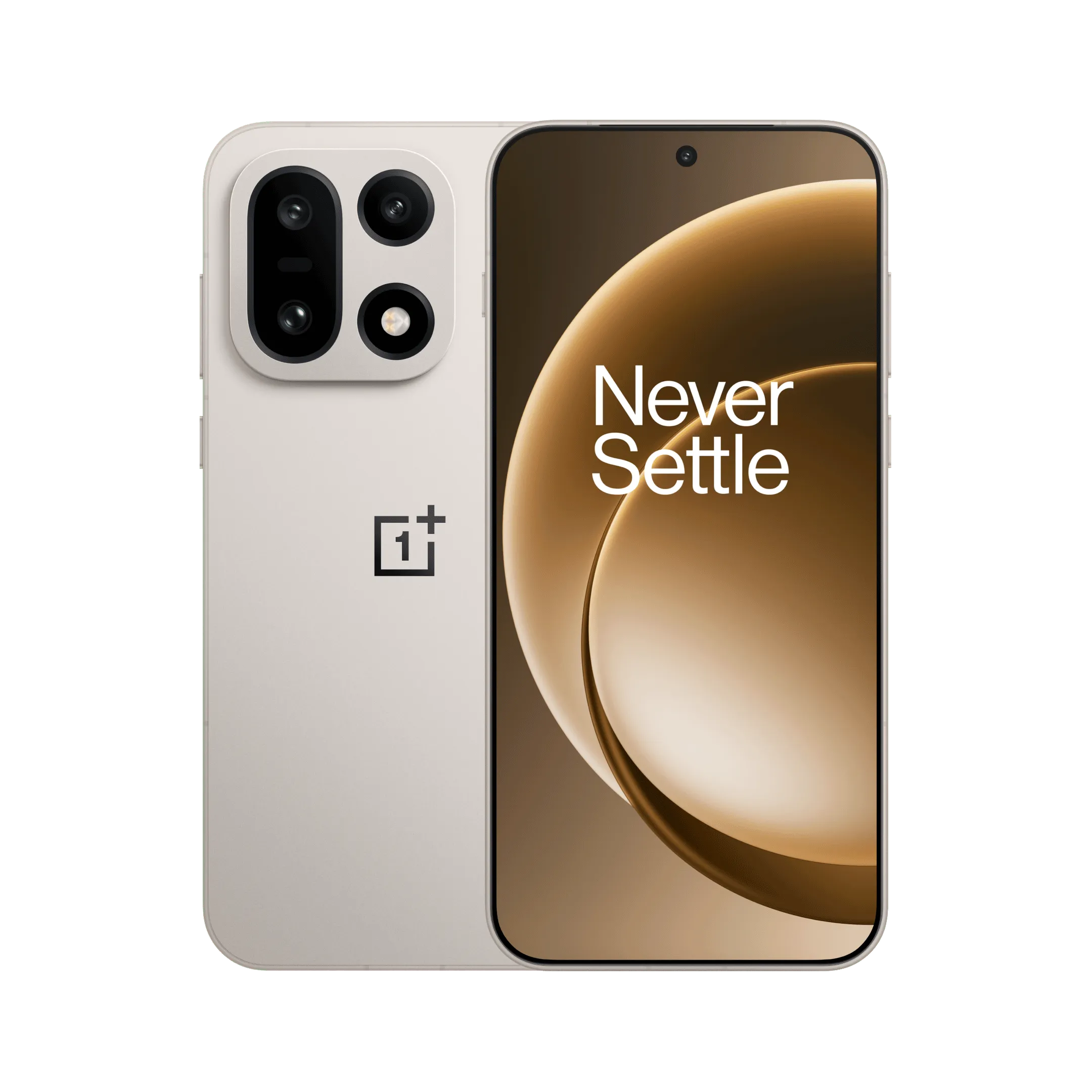Google is on a mission to bring a better messaging experience to Android users. We've seen them try and fail over the years with various messenger apps, but this time, they're taking a different approach by working with industry leaders to create a new messaging standard. The result is RCS Universal Profile, or simply Chat, and it's finally catching on.
With such a lofty goal, there are a lot of parts that need to come together for RCS to work. Mainly, wireless carriers need to make the necessary implements to allow for communication to occur with not only their own subscribers, but subscribers outside of their network. Thanks to the Universal Profile, RCS is on its way with over 50 tech companies in the fold already — including Samsung, LG, HTC, and even Microsoft. But there's a lot to learn about this new standard, so we'll cover the main bullet points below.
What Is Universal Profile?
RCS stands for Rich Communication Services, and it's the new standard in mobile communications. Think of RCS like your favorite internet-based chat app or IM service, but attached to your phone number instead of an online account. It will replace SMS, although how soon is dependent on a few factors.
When RCS was first introduced by in 2012, most US wireless carriers eventually adopted the new form of mobile communications, although not in a way that benefited the consumer. Carriers opted to create their own proprietary version which was based on RCS and worked only between their subscribers. As a result, many users were not even aware of this new form of communication.
In 2014, a company called Jibe saw RCS as a global communication method and created a hub service which would allow for this advanced form of communication to occur across multiple multi-national carriers. The following year, Google acquired Jibe and started to push Jibe as the Android equivalent to iMessage. With the backing of Google, GSMA (the organization behind RCS) created the Universal Profile, which was the first step toward interoperability.
Universal Profile is a globally agreed upon standard for implementing RCS in a way that allows for subscribers of different carriers and nations to communicate with each other. Version 1.0 was released in November 2016 and allowed for carriers, OEMs, and Google to make the necessary implementation to their product or service for interoperability.
In the same month that Version 1.0 was finalized, Google was able to bring Sprint into the fold. Sprint was the first US carrier to not only fully abide by Universal Profile 1.0, but also use Android Messages as the app to facilitate communication. By 2017, every Android phone to officially launch with Sprint was compatible with the Universal Profile, meaning users could communicate over RCS with not only Sprint subscribers, but other carriers as well. Since then, more and more carriers have adopted the standard, making the dream of a true SMS replacement a reality.
What Features Will RCS Give Me?
To put it simply, RCS will turn your regular texting experience into a feature-rich conversation. The new Universal Profile already includes support for the following features:
- Send messages over Wi-Fi or your mobile cell connection
- Multi-device messaging
- Group Chat up to 100 users
- File Sharing up to 100 MB
- Pause and Resume File Sharing
- Read receipts
- See when the other person is typing
- Send higher quality images
- Location sharing
- Audio messaging
- Video sharing
- Live sketching
- Chatboxes
- App security
- Improved authentication
At the time of this writing, there has been five Universal Profile releases, with the latest, version 2.3, releasing in December of 2018. Each addition adds new features and improvements, allowing for this feature list to grow over time. We will continue to update this article as more features are added.
What Do I Need to Get Started?
RCS requires multiple components of the telecom industry to work together. Specifically, wireless carriers, phone manufacturers, the Android OS, and messaging apps.
With Google now having a huge stake in the success of RCS thanks to its purchase of Jibe, Google has already added support for RCS into Android. All Android phones running Google Play Services from Android 6.0 Marshmallow or newer support RCS messages.
Google also has one of a handful of apps which support the new standard, Android Messages. Samsung Messages also support RCS Universal Profile, but is limited to Samsung devices. Because RCS is an open standard, third-party apps will eventually be able to add support as well, but at the time of this writing, GSMA still hasn't released the developer API to make this possible.
Which Carriers Are Supported?
A lot has changed when it comes to carrier support. What was once only one US wireless carriers has increased, making the dream of interoperability a reality.
Currently, Sprint and US Cellular are the only two major wireless carriers to fully support Universal Profile. Verizon and T-Mobile support Universal Profile on select devices, but are working to make the feature available to all of their phones (Verizon expects this to be done in Q1 2019). For more information and a continuously updated list of when each carrier included support, check out the link below.
Which Devices Are Supported?
To reiterate, any device running Android 6.0 or higher with Play Services installed can use RCS Universal Profile with a compatible app like Android Messages (provided your carrier supports it, of course). That said, there are currently eleven OEMs which support RCS Universal Profile messaging natively, typically by preinstalling Android Messages onto their devices. These OEMs include:
- Asus
- Huawei
- General Mobile
- HTC
- Intex Technologies
- Lava International
- LG
- Lenovo (Motorola)
- Samsung
- TCL (Alcatel Mobile)
- ZTE
What About Apple?
iOS currently doesn't support RCS at all. Thanks to iMessage, many of the features found in RCS are already available to iOS users as long as they communicate with other Apple users. However, recently, Apple has engaged in talks with GSMA about implementing RCS. Without iPhones in the mix (which make up roughly 50% of all smartphone users in the US), RCS implementation by carriers and manufacturers could potentially be hindered, so talks are a great sign.
What Does the Future Hold for RCS?
RCS looks to be on pace to replace SMS soon. With Verizon coming on board in 2019, more than 150 million US users will have access to enhanced messaging. Once T-Mobile adds interoperability, all but AT&T will have included support, which will put pressure on the second-largest wireless carrier to move away from their proprietary implementation and adopt Universal Profile.
As wireless carriers adopt the Universal Profile, RCS will only improve. Right now, RCS messaging is the big push by GSMA, but RCS also includes enhanced voice calls as well. With more carriers on board, wireless carriers will eventually support "Facetime-like" video calls included right in the dialer and improved VoIP calling.
Businesses will also take advantage of RCS, improving messages they send to you. For example, instead of just a QR code, businesses can use graphics to create virtual tickets with relevant information and even options to call them. Ordering food can become easier thanks to media cards displaying pictures of meals and the ability to pull up payment info, all within your messaging app. As the user base grows, so will the available features, propelling RCS to iMessage's level.
- Follow Gadget Hacks on Pinterest, Reddit, Twitter, YouTube, and Flipboard
- Sign up for Gadget Hacks' daily newsletter or weekly Android and iOS updates
- Follow WonderHowTo on Facebook, Twitter, Pinterest, and Flipboard
Cover image by Dallas Thomas/Gadget Hacks





























Comments
Be the first, drop a comment!